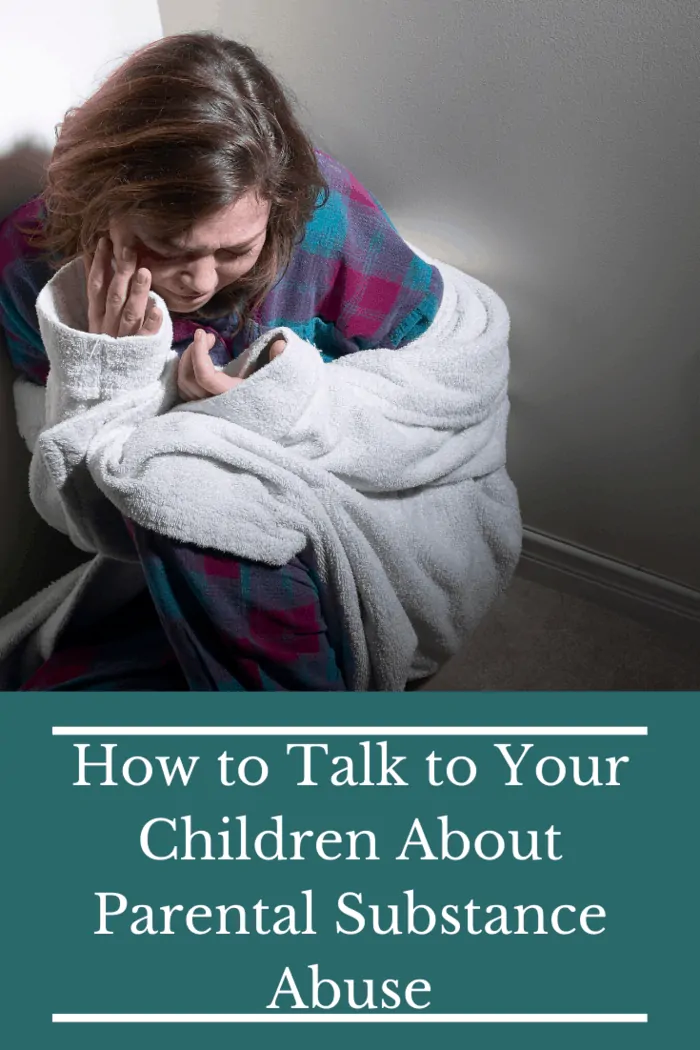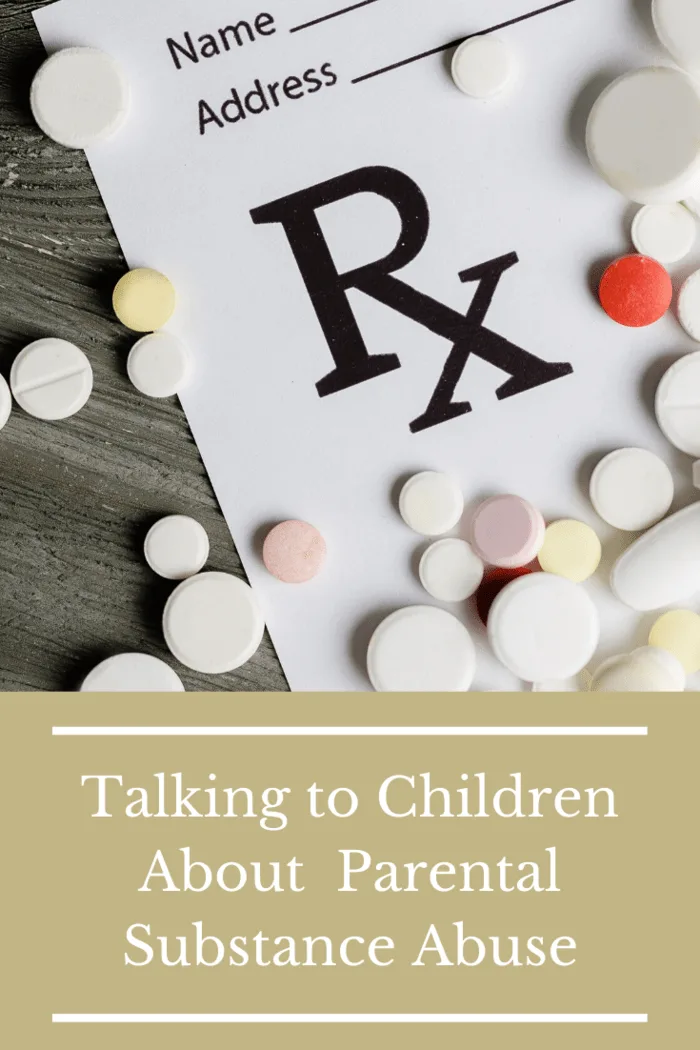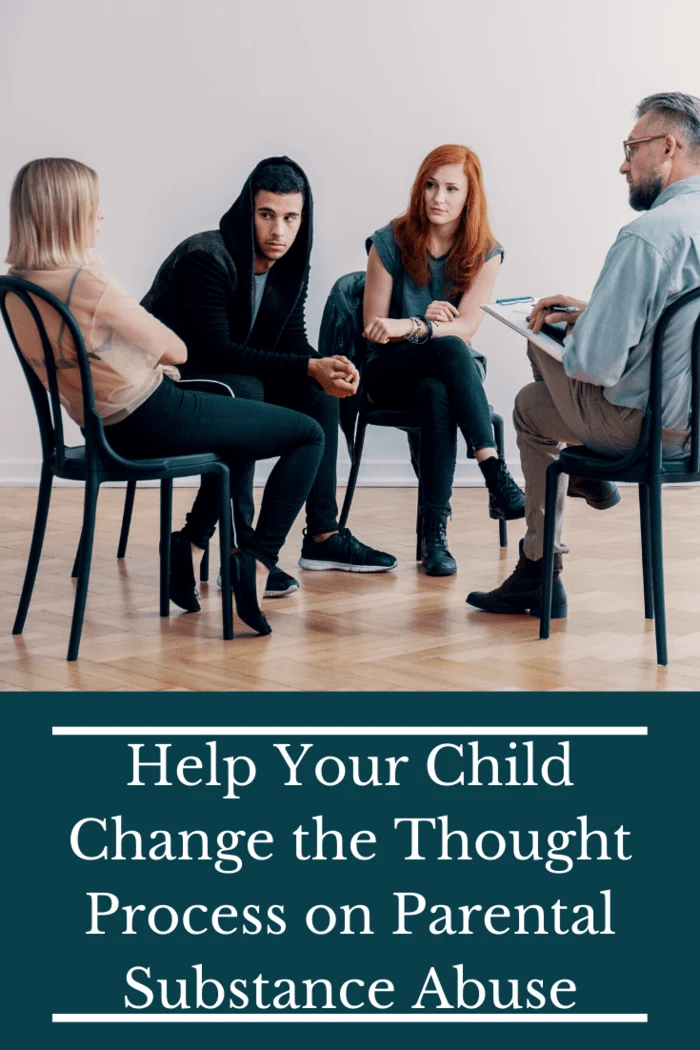Substance abuse can affect anyone from any gender, age group, or other demographic.
If you have children, coping with parental substance abuse can be especially difficult.
Explaining the concept of substance abuse to children may feel like a daunting task, but it’s crucial that they understand what’s happening so they can learn to cope and heal.
Read on to learn how to talk to your children about parental substance abuse so you can be prepared for whatever comes your way.

Explain Addiction in Basic Terms
Children are naturally curious, so they’re going to want to know “why” their parent has a substance abuse problem.
Explain to your child that addiction is a disease and that it’s not something mommy or daddy wants to happen.
You can also tell your kids that the parent dealing with substance abuse may sometimes say or do things that they really don’t mean.
Let your kids know that substance abuse is something that can be fixed and that the addicted parent is not a bad person.

Help Your Child Cope with Parental Substance Abuse
Many times, kids internalize their feelings of fear and worry, and they may blame themselves for parental substance abuse.
Reassure your child and let them repeatedly know that the issues their parent is facing are not their fault.
Kids need to understand that the addiction has nothing to do with them and that they did not cause it.
You should also let them know that it’s not something they can control.
Mommy or daddy will need to work on it to fix it on their own.
Children of all ages need to know that they’re not alone and that they have someone to support them through this difficult time.
Let them know that they are not alone and that there are other kids their age who may be in the same situation as they are.
Let your kids know you are always there for them if they need you.

Changing the Thought Process
If a child’s parent is in rehab, it can make them feel abandoned and alone.
The key to coping is to help children positively change their thought process, so they know that they did not cause the problem and that they cannot cure it.
Kids need to be able to care for themselves throughout this challenging time.
Let them communicate their feelings with you, and make sure they continue to make healthy choices by getting proper sleep and eating a healthy diet.
Children are very resilient, but they also depend on adults to guide them along.
Make sure you let them enjoy the things they love, like spending time with friends or going to a movie so they can keep their minds off of the addiction issue.

Offer Support to Kids
Coping with parental substance abuse can seem like an uphill battle.
With the right tools and the ability to talk to your child, they can get through this difficult time and carry on with a normal life.
Visit my blog for lots of great posts on parenting, traveling, and a whole lot more today!
